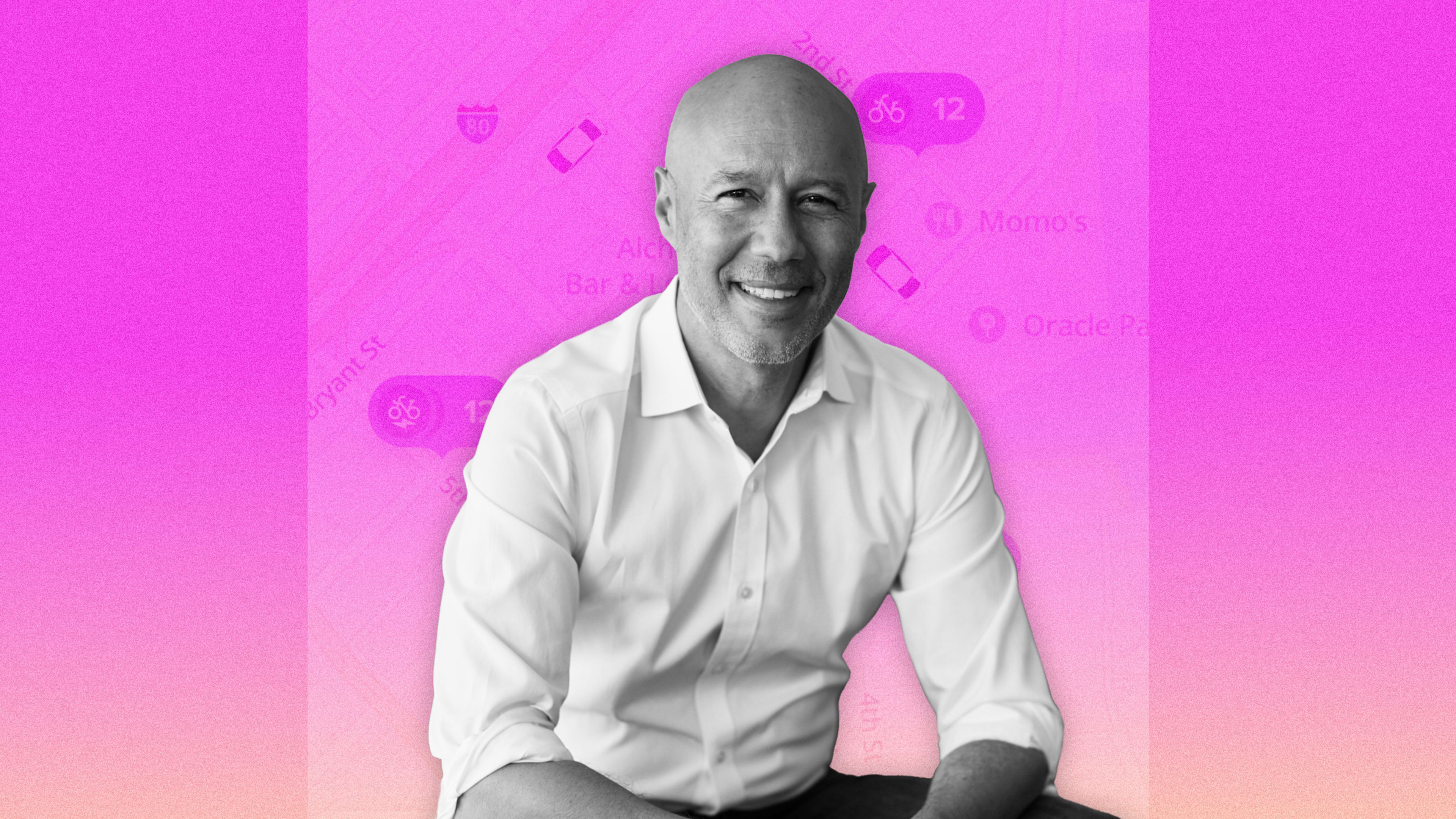When Lyft CEO David Risher took the helm of the rideshare company from cofounders Logan Green and John Zimmer a year ago, his mandate was clear: create a sustainable business by getting the perennial second-place rideshare company to stop bleeding money. The former Microsoft and Amazon executive laid off more than a quarter of the company’s workforce last April and exited ancillary business lines, such as car rentals. That’s helped Lyft lower the prices of its rides, so they’re in line with Uber’s. It’s all part of what Risher calls his key strategy: “customer obsession drives profitable growth.”
The moves are paying off. Lyft trimmed its losses from $1.6 billion in 2022 to $340 million in 2023, and grew ridership 18% year over year. But the biggest news: The company reported that it was cash-flow positive in the fourth quarter of 2023, and says it will continue to be in 2024.
Risher is now facing one of the biggest tests of his growth strategy in a standoff with the Minneapolis City Council, which is pushing to remove rideshare companies’ exemption from the city’s $15.57 minimum hourly wage. The Minnesota Department of Labor found that rideshare and delivery drivers currently make a median wage of $13.63 after expenses. Lyft says that the number is closer to $20 for drivers who don’t buy a car specifically for the job. The company argues that raising wages to the city council’s proposed $1.40 a mile or 51 cents a minute would force it to raise ride prices and make its business unsustainable. Lyft is now threatening to leave Minneapolis (along with rival, Uber) unless the city accepts a compromise: 89 cents per mile (roughly 49 cents per minute). What happens next could set a precedent for the way drivers are compensated in other states.
Risher talked with Fast Company about the company’s future in Minneapolis, whether self-driving cars will transform the industry, and what he learned heading up U.S. retail at Amazon under Jeff Bezos. This interview has been edited for length and clarity.
Recognize your brand’s excellence by applying to this year’s Brands That Matter Awards before the early-rate deadline, May 3.
